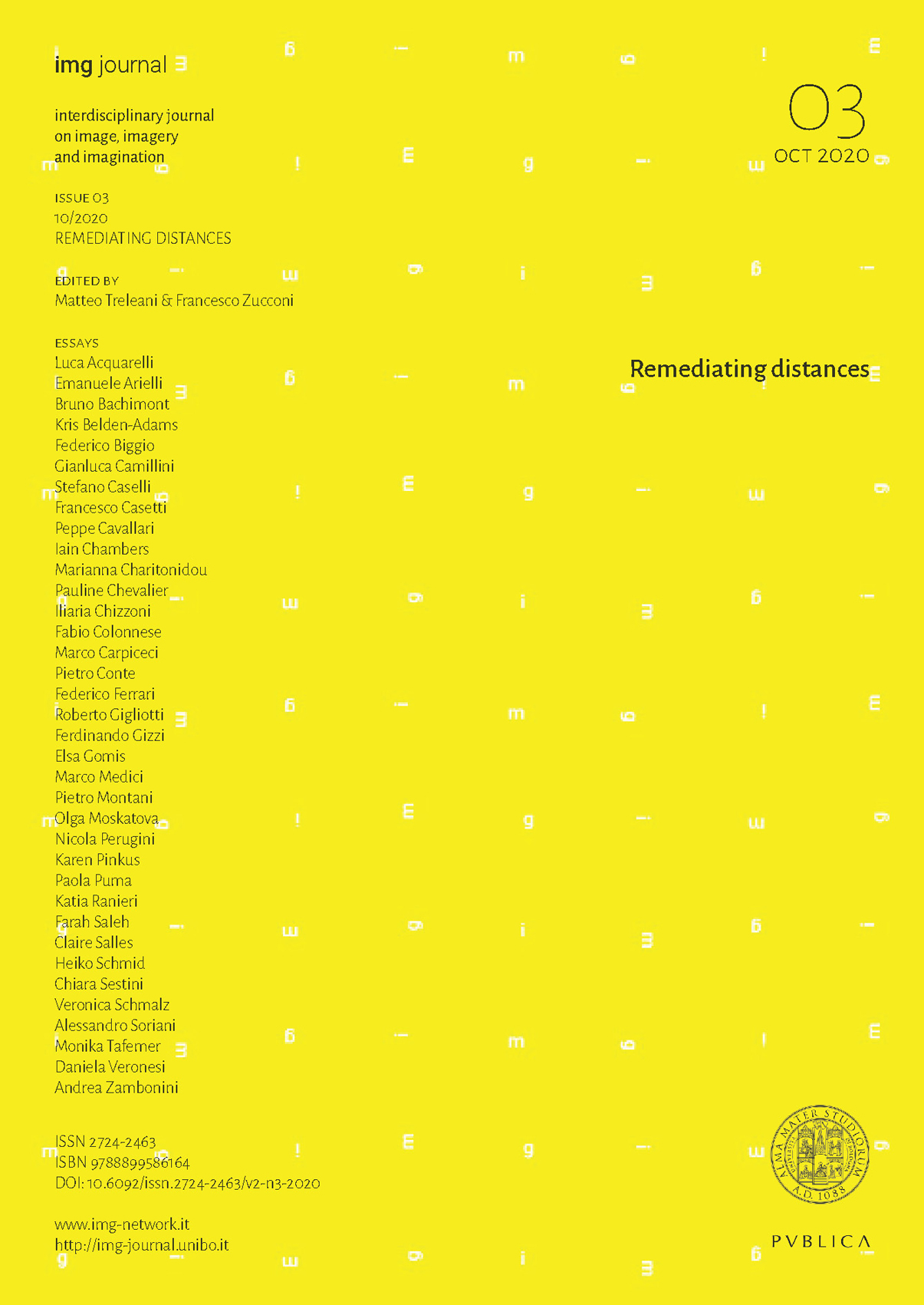Photographing Everything and Seeing Nothing: Travel Selfies as Performance, Affirmation of Social-Collective Perception, Spatial Collapse
DOI:
https://doi.org/10.6092/issn.2724-2463/12248Keywords:
selfie, viral, photography, tourism, travelAbstract
In White Noise, Don DeLillo wrote of a welltrafficked tourist destination he called “The Most Photographed Barn in America.” Because it is known through a proliferation of photographs, he suggests, “no one sees the barn” anymore. Thus, making a picture of the barn is not about ‘looking’, but akin to “taking pictures of taking pictures” –a performative mass social ritual of image-making. This behavior also is a relational means of collapsing physical space to connect psychologically and virtually with larger narratives of the human experience for both the selfie subject and their social-media followers. Thus, travel selfies remediate physical and psychological distances and, in Walter Benjamin’s terms, “bring things spatially and humanly closer.” This essay takes a closer look the reframing of both physical distance and psychological presence by digital travel selfies. Rather than being a means of producing subjects/objects to behold and to archive as ‘embalmed’ memories or artifacts of personal history for later review, digital social-media travel photographs are driven by different relational impulses: the collapse of material conceptions of time and space, the performance and promotion of self-as-‘avatar’, the dissolution of psychological space between viewer and subject, and by communal/network participation.
Downloads
Published
How to Cite
Issue
Section
License
Copyright (c) 2021 Kris Belden-Adams

This work is licensed under a Creative Commons Attribution 4.0 International License.





